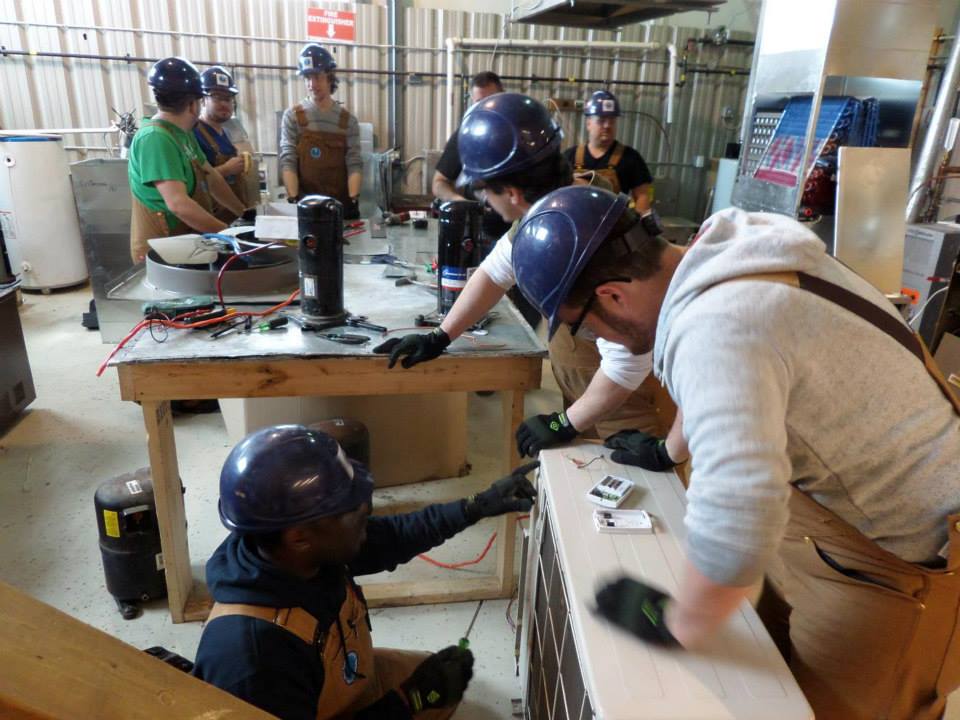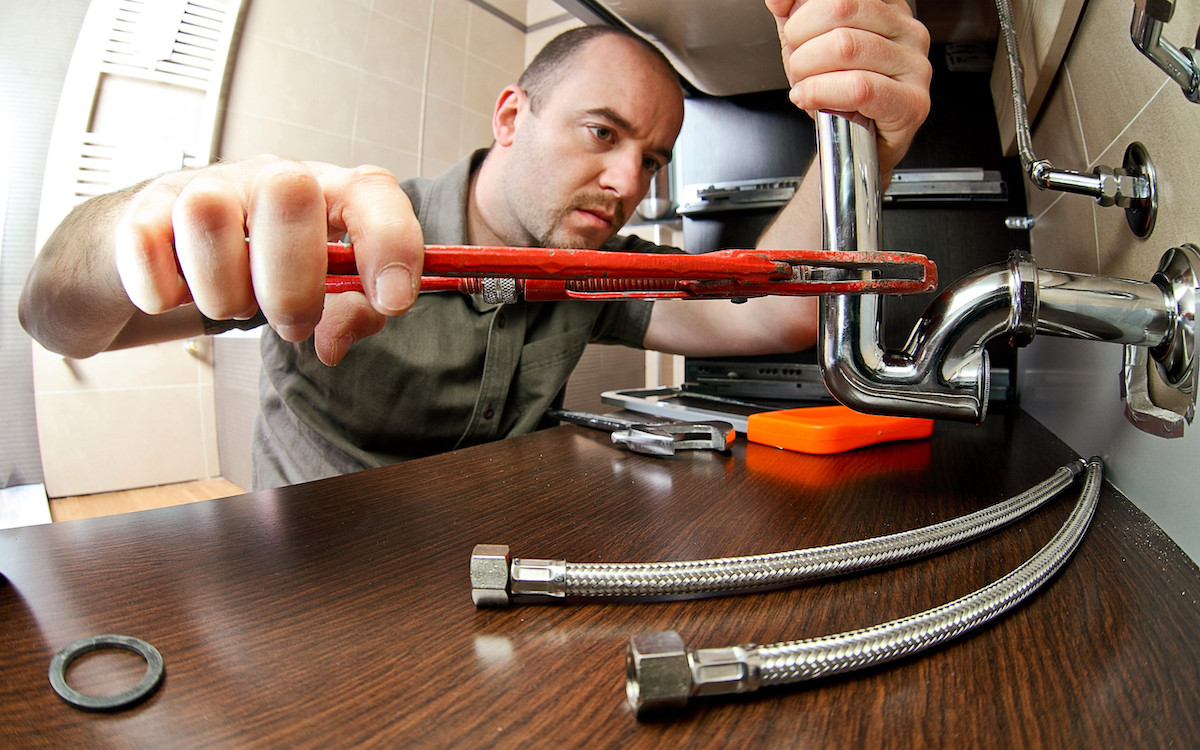Comprehending Water Heating System Installation: Key Factors To Consider for Safe and Effective Arrangement
Water heating unit installation is an intricate task that demands interest to different essential factors to make certain both security and performance. Selecting the appropriate heating unit kind based on usage and ability requirements is simply the start. Appropriate ventilation systems are crucial to safely eliminate dangerous gases, emphasizing the need for specialist installation.
Selecting the Right Heating System
How do you make sure that the hot water heater you choose fulfills your particular demands? Picking the best hot water heater requires a complete understanding of your household's hot water demands, power efficiency preferences, and monetary restraints. Begin by assessing your everyday warm water use. Consider the number of family participants and synchronised warm water activities such as showers, dishwashing, and laundry. This evaluation will certainly aid determine the optimal ability, whether it's a tankless or storage-type unit.
Tankless heaters provide on-demand heating, which can be much more reliable for households with reduced synchronised hot water demands. Conversely, conventional storage heating systems might be extra ideal for bigger households with high peak demands.
Moreover, examine the fuel resource choices-- electric, gas, solar, or hybrid. Drain Cleaning Alabaster AL. Each has unique functional expenses and setup requirements. Gas heaters generally have faster recuperation rates and lower operating prices than electrical ones, but may require airing vent systems.
Finally, consider the upfront costs and potential discounts or incentives readily available for energy-efficient versions. By lining up these elements with your certain requirements, you make certain a hot water heater choice that balances efficiency, performance, and expense.
Understanding Local Regulations
Navigating regional laws is an essential action in the procedure of hot water heater installment. Making certain conformity with building codes and statutes is not just a lawful responsibility yet additionally a component of the safety and security and effectiveness of the installation. Regional policies can vary significantly depending upon the region, incorporating elements such as installment methods, kinds of permissible hot water heater, and particular safety and security needs.
Professionals need to acquaint themselves with both national standards and neighborhood changes. In the USA, the Uniform Plumbing Code (UPC) and the International Plumbing Code (IPC) offer fundamental guidelines, but regional authorities may impose extra criteria. These can consist of requirements on energy performance, seismic strapping, and temperature and pressure relief shutoff setup.

Ensuring Appropriate Air Flow
Correct ventilation is a foundation of a safe and effective water heater setup. It guarantees that unsafe combustion gases, such as carbon monoxide, are properly expelled from the home, avoiding hazardous buildups that can lead to health and wellness threats or perhaps fatalities. The type of ventilation system needed relies on the hot water heater design and fuel type, with choices consisting of straight air vent, power air vent, and climatic vent systems.
Straight vent systems draw air from outside and remove exhaust directly outdoors, making them suitable for homes where interior air top quality is a problem. Power air vent systems make use of a follower or blower to relocate exhaust gases, permitting for even more adaptable installment alternatives since the vent can take a trip a much longer range. Climatic air vent systems depend on natural convection to remove gases and are normally made use of with traditional gas hot water heater.
Following maker specs and regional building ordinance is essential for guaranteeing proper air flow. Installers have to take into consideration variables such as air vent pipe discontinuation, size, and material factor to make sure ideal performance. Normal assessment and maintenance of the air flow system are likewise necessary to spot any leakages or obstructions, protecting the home's inhabitants.
Prioritizing Precaution
While proper air flow is an essential part of hot water heater installation, focusing on security actions is similarly crucial to make certain the wellness of occupants and the durability of the appliance. Security starts with choosing an ideal place, far from web link flammable products and ensuring appropriate clearance from bordering structures. The installation space must adhere to regional building regulations and maker guidelines, resolving both availability and safety and security issues.
Along with location, utilizing qualified professionals for setup assurances adherence to safety and security standards and legal needs. Accredited service technicians bring knowledge Bonuses in managing gas and electric connections, reducing dangers of leakages or damaged wiring. Utilizing appropriate devices and tools throughout installation also reduces the chance of malfunctions or accidents.
Additionally, integrating security gadgets such as a temperature level and stress safety valve is critical. This shutoff prevents excessive pressure build-up, reducing the risk of potential explosion. Proper grounding of the hot water heater is vital to stop electrical dangers, particularly in systems using electric power.

Testing and Maintenance Procedures
Normal screening and upkeep of a water heater are important to guarantee its reliable operation and longevity. Routine checks assist determine prospective concerns before they intensify, protecting against costly repair services and expanding the device's life-span. Trick treatments consist of inspecting the anode rod, which protects the tank from corrosion. Substitute is essential to keep the stability of the storage tank if the rod is considerably rusted. Additionally, it is essential to flush the tank annually to get rid of debris accumulation, which can hinder heating efficiency and create damages gradually.
Testing the temperature level and pressure alleviation (TPR) valve is another crucial step. This safety and security gadget must work correctly to stop extreme pressure accumulation within the tank. To examine, carefully raise the valve bar and make sure water discharges freely; change the shutoff if it shows indicators of malfunction. Examining the pilot light and heater assembly for gas heating units ensures optimum performance and security, addressing any type of abnormalities quickly.
For electrical hot water heater, analyzing electric links for indicators of wear or damage is essential. Specialist upkeep services are recommended every year to perform a comprehensive evaluation, making certain all elements work ideally and comply with safety standards.
Conclusion
An extensive understanding of water heating system installment is important for achieving a secure and reliable system. Picking a suitable heater based on ability and energy performance, while adhering to neighborhood guidelines, forms the structure Continue of a successful installment.
Water heater installment is a complicated job that demands focus to different essential aspects to ensure both safety and security and efficiency. Picking the right water heating unit calls for a detailed understanding of your home's hot water demands, power performance preferences, and financial constraints. Regional regulations can vary dramatically depending on the region, incorporating aspects such as setup approaches, types of acceptable water heating systems, and specific security needs.
While proper ventilation is a crucial part of water heater setup, focusing on safety and security measures is similarly crucial to ensure the well-being of residents and the long life of the device.A comprehensive understanding of water heating unit setup is critical for achieving a effective and safe system.